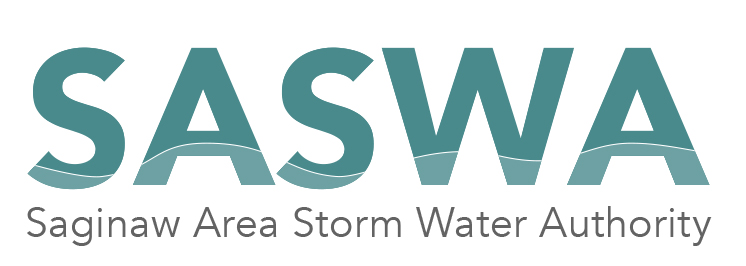How You Can Help
Top 10 Things You Can do to Protect Our Watersheds
Always conserve and reuse water wisely
Soil test before you apply fertilizer. Use low or no-phosphorus fertilizers
Use native vegetation and reduce turf grass by increasing native wildflowers and grasses
Capture and reuse rainwater to control stormwater runoff
Dispose of pet waste properly in the trash or toilet (not onsite septic systems)
Wash your car at a car wash facility. If you must do it at home, wash vehicles on the lawn instead of pavement
Maintain all vehicles, eliminating leaks and spills
Recycle and dispose of household chemicals properly (motor oil, household cleaners, paint, etc.)
Inspect and maintain onsite septic systems and sewers
Join a watershed organization
Fun Water Facts
There is the same amount of water on Earth as there was when the Earth was formed. The water from your faucet could contain molecules that dinosaurs drank
Water is composed of two elements, Hydrogen and Oxygen. 2 Hydrogen + 1 Oxygen = H2O
Nearly 97% of the world’s water is salty or otherwise undrinkable. Another 2% is locked in ice caps and glaciers. That leaves just 1% for all of humanity’s needs — all its agricultural, residential, manufacturing, community, and personal needs
Water regulates the Earth’s temperature. It also regulates the temperature of the human body, carries nutrients and oxygen to cells, cushions joints, protects organs and tissues, and removes wastes
75% of the human brain is water and 75% of a living tree is water
A person can live about a month without food, but only about a week without water
Water is part of a deeply interconnected system. What we pour on the ground ends up in our water, and what we spew into the sky ends up in our water
The average total home water use for each person in the U.S. is about 50 gallons a day
The average cost for water supplied to a home in the U.S. is about $2.00 for 1,000 gallons, which equals about 5 gallons for a penny
Water expands by 9% when it freezes. Frozen water (ice) is lighter than water, which is why ice floats in water





